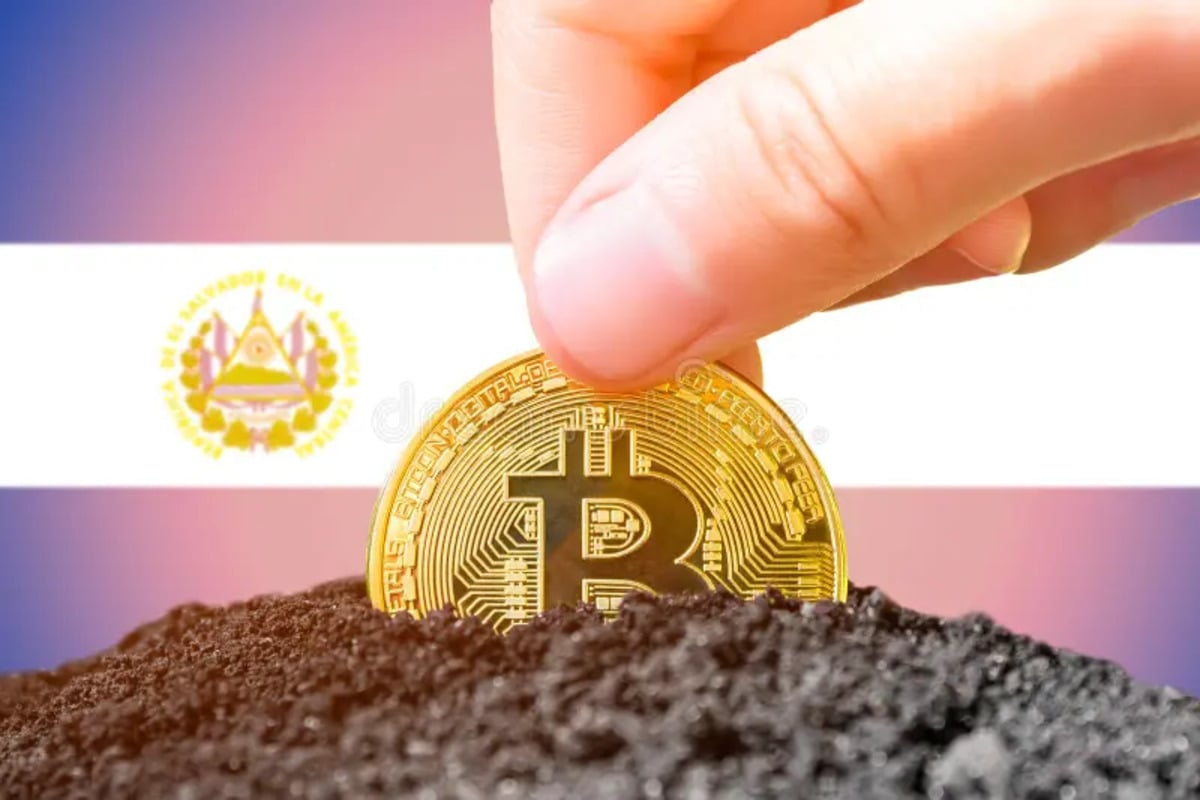- El Salvador, a pioneer in Bitcoin technology, launches $ESOY by E-Grains, backed by soybeans, under CNAD.
- E-Grains introduces the $ESOY token, a milestone in agri-commodities, driving a change in the digital asset market.
In a move towards innovation in financial technology, El Salvador has inaugurated a revolutionary scheme based on Bitcoin technology. E-Grains, an entity in the field of digital assets, has launched the $ESOY token, based on the value of soybeans.
Recently, the National Commission of Digital Assets of El Salvador (CNAD) has given its approval to an unprecedented public offering of digital assets. The protagonist of this milestone is E-grains, a company specializing in grains, which received the green light in December to act as an issuer of digital assets. This permission marks the company’s debut in the field of public issuance supported by tangible assets.
On January 18, the debut of $ESOY, with a capitalization of US$100 million, took place. These tokens are backed by soybean futures contracts and custodial securities.
Juan Carlos Reyes, head of CNAD El Salvador, shared details with CryptoNews. He revealed that $ESOY is the second such initiative approved by the Commission, following in the wake of the so-called volcano bonds or bitcoin bonds, whose launch still hangs in the balance.
Thus, the E-grains proposal becomes the pioneer to reach the market, with an issuance of approximately 7.6 million tokens, available for 60 months.
Thefacilitator of the digital services is IB Maker X, operating under the name eNor Securities. Initially, the tokens are offered on this exchange, in anticipation of the opening of the secondary market on March 18.
E-grains, on its website, explains that the $ESOY token symbolizes the economic rights linked to the trade of a bushel of soybeans (equivalent to 8 gallons), a pioneering advance in the agri-commodities market.
A bushel of soybeans is traded in dollars, currently hovering around $11.15 USD per unit. The issue is underpinned by a blockchain, although specific details about this platform remain under reserve.
As for the approval procedure, Reyes clarified that CNAD applies three filters. Itstarts with pre-registration, followed by a regulatory phase, where it collaborates with regulators to evaluate business proposals, weighing risks and benefits .
Based on this analysis, a decision is made, which is then submitted to the assessment of advisors or approved according to the recommendation of the regulatory team.
Reyes emphasized that these were the steps followed to authorize the public offering of E-grains, all within the framework of the Digital Asset Issuance Law, a legal statute established last year to encourage such issuances.
Crypto News Flash does not endorse and is not responsible for or liable for any content, accuracy, quality, advertising, products, or other materials on this page. Readers should do their own research before taking any actions related to cryptocurrencies. Crypto News Flash is not responsible, directly or indirectly, for any damage or loss caused or alleged to be caused by or in connection with the use of or reliance on any content, goods, or services mentioned.
Credit: Source link
































